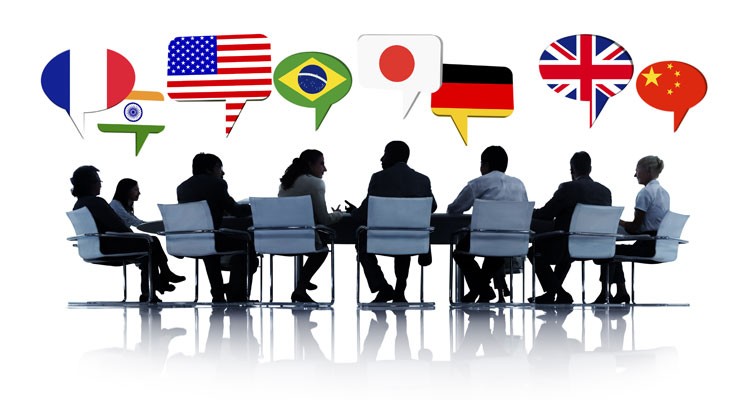Multicultural Team Engagement: How to Succeed in Vietnam
In today’s globalized business environment, Vietnam has emerged as a dynamic hub for international companies and startups. With its growing economy and youthful workforce, the country attracts professionals from around the world. As a result, multicultural teams—comprising both expats and local Vietnamese employees—are becoming increasingly common. However, building engagement in such diverse teams requires cultural sensitivity, mutual respect, and intentional strategies.
Understanding the Cultural Landscape
Vietnamese culture is deeply influenced by Confucian values, which emphasize respect for hierarchy, harmony, and collective well-being. In contrast, many expats—especially from Western countries—may come from cultures that prioritize individualism, direct communication, and egalitarianism. These differences can lead to misunderstandings if not addressed thoughtfully.
For example, while a Western manager might value open debate in meetings, Vietnamese employees may hesitate to speak up in front of superiors out of respect or fear of causing conflict. Recognizing these cultural nuances is the first step toward fostering a more inclusive and engaged team.
Strategies for Effective Engagement
1. Build Trust Through Relationships
In Vietnam, relationships (or mối quan hệ) are foundational to business success. Take time to get to know your colleagues beyond work tasks. Sharing meals, participating in team outings, or simply showing genuine interest in each other’s lives can go a long way in building trust and camaraderie.
2. Encourage Inclusive Communication
Create a safe space where all team members feel comfortable expressing their ideas. This might mean adjusting your communication style—being more patient, using simpler language, or inviting quieter team members to share their thoughts in smaller groups or one-on-one settings.
For expats, learning a few basic Vietnamese phrases can also demonstrate respect and effort, even if English is the working language.
3. Clarify Expectations and Roles
Misunderstandings often arise from differing assumptions about roles, responsibilities, and timelines. Be explicit about expectations, and encourage questions to ensure clarity. Visual tools like flowcharts or timelines can help bridge language gaps and align everyone on shared goals.
4. Celebrate Cultural Diversity
Recognize and celebrate the different cultural backgrounds within your team. This could include organizing cultural exchange days, celebrating both Vietnamese and international holidays, or encouraging team members to share traditions and stories from their home countries.
Such initiatives not only foster engagement but also deepen mutual understanding and appreciation.
5. Provide Cross-Cultural Training
Investing in cross-cultural training can equip both expats and local employees with the tools to navigate cultural differences effectively. These sessions can cover topics like communication styles, conflict resolution, and leadership expectations across cultures.
Challenges to Watch For
Despite best efforts, challenges may still arise. Expats might feel isolated or frustrated by slower decision-making processes, while local employees may feel overlooked or undervalued. Address these issues proactively through regular feedback sessions, anonymous surveys, or open forums where concerns can be voiced and addressed constructively.
Final Thoughts
Engaging a multicultural team in Vietnam is not without its challenges, but the rewards are significant. Diverse teams bring a wealth of perspectives, creativity, and resilience. By fostering a culture of respect, openness, and continuous learning, both expats and local employees can thrive together—building not just successful businesses, but meaningful cross-cultural relationships.

